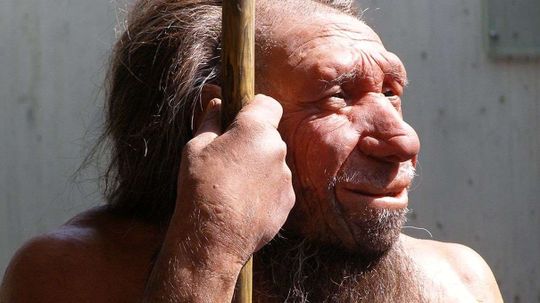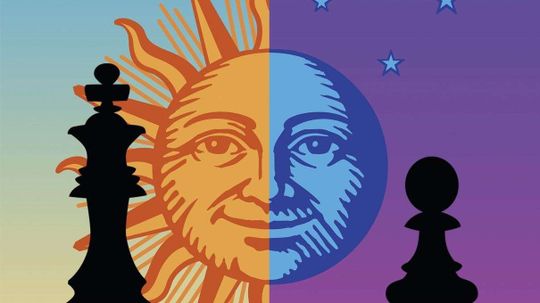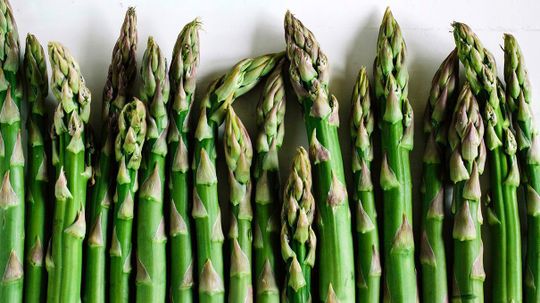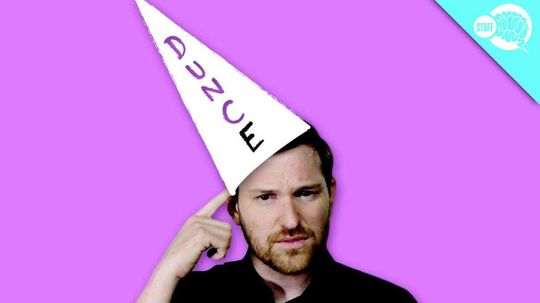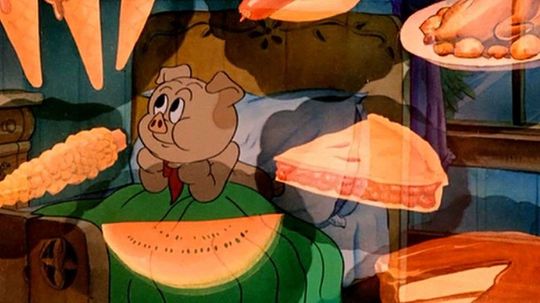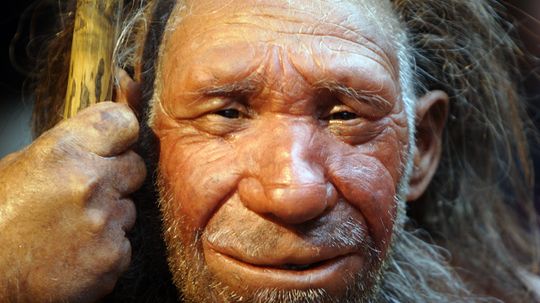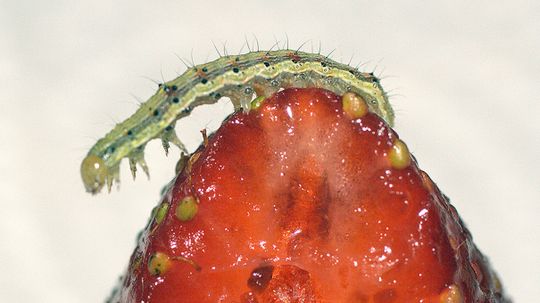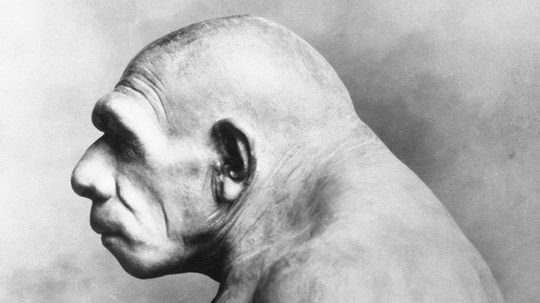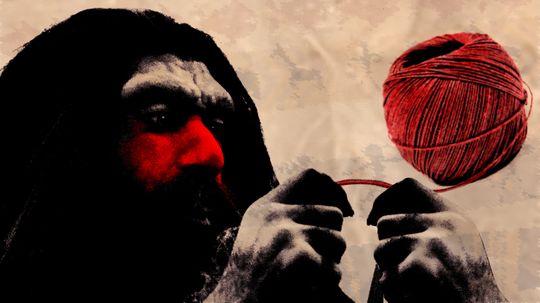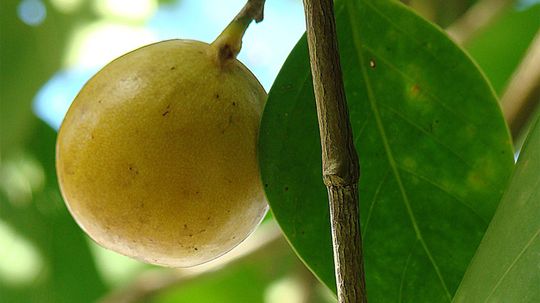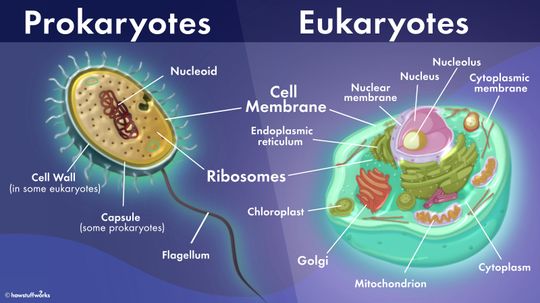Life Science
From the smallest microbe to the largest mammal, Life Science explores the origins, evolution and expansion of life in all its forms. Explore a wide range of topics from biology to genetics and evolution.
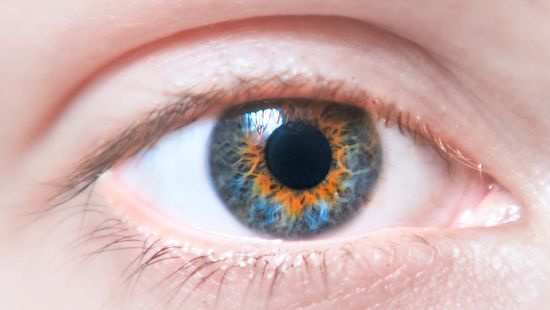
Central Heterochromia: When to Worry About Eye Color

10 Types of Noses to Spot in a Crowd
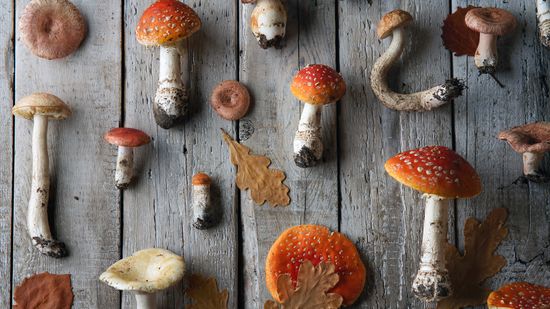
3 Major Types of Mushrooms: Edible, Wild and Poisonous
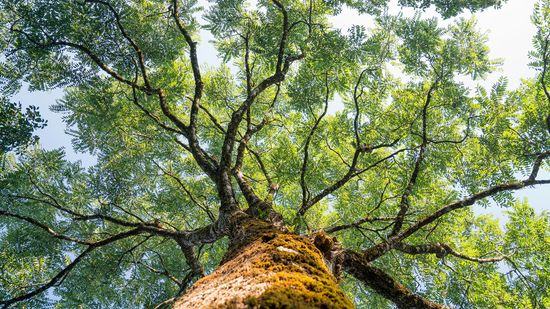
3 Types of Trees You'll Find All Over the Planet
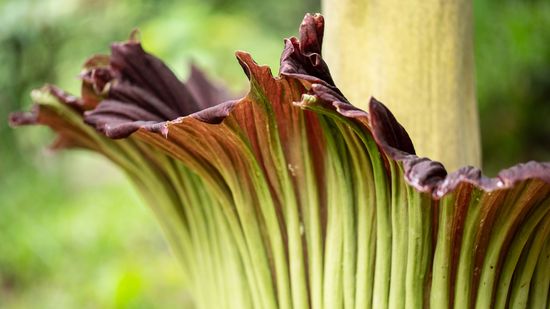
A Corpse Flower Can Grow Over 12 Feet (3.7 Meters) Tall
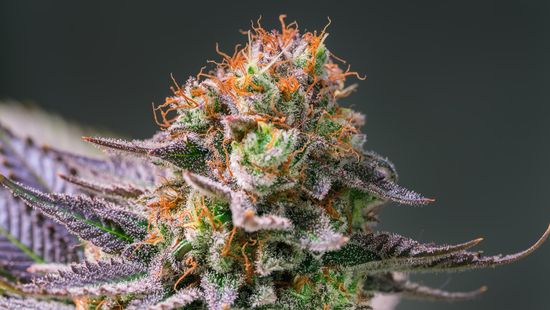
Indica vs. Sativa: How to Distinguish Between Cannabis Plants
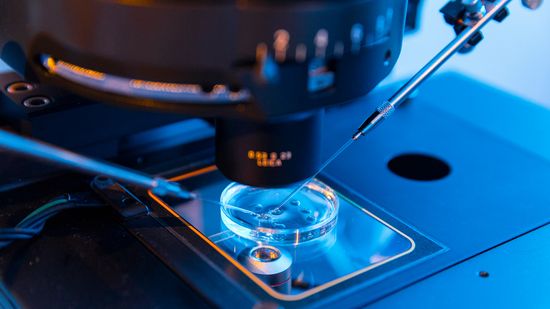
In Vivo vs. In Vitro Trials (and Why Combining Both Is Best)

Hypertonic vs. Hypotonic Solutions: Differences and Uses

Your Phone Is a Germ Factory, So Stop Taking It to the Toilet
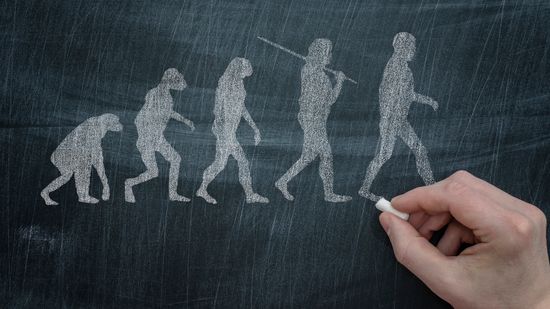
Neanderthal vs. Homo Sapien: Separate Species With Different Fates

Howstuffworks Interviews: Extinction Level Events with Annalee Newitz

What will the Earth look like in 50,000 years?
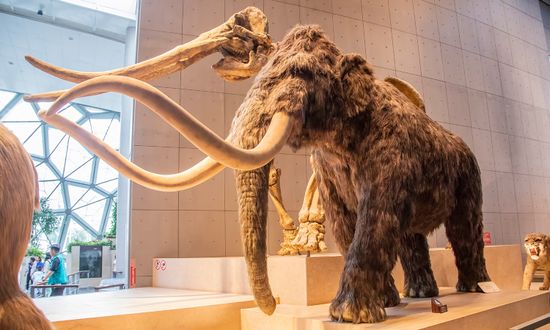
Is a Woolly Mammoth Clone Even Possible?

The Most Common Hair Color Isn't Blonde

What Is the Most Common Eye Color? Over 70% of People Have It

9 Types of Intelligence: The Many Ways to Expand Your Mind
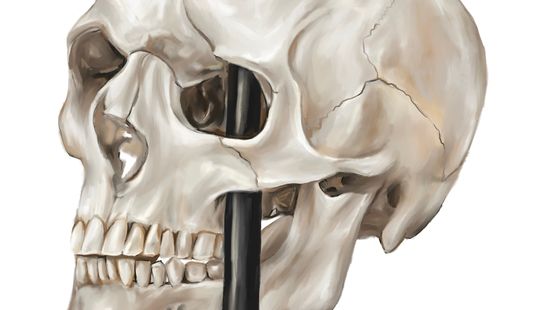
Phineas Gage and the Birth of Modern Neuroscience

Call of the Void: A Counterintuitive Form of Self-preservation
Learn More / Page 14
The newly developed family tree of Earth's 2.3 million species is a first draft of the 3.5-billion-year history of evolution.
Tetragametic chimerism occurs when a single organism has two genetically distinct types of DNA.
The Scandinavian countries tend to come out on top in the World Happiness Report. But the report doesn't actually ask participants if they're happy. When that question is included, the country rankings are quite different.
By Dave Roos
Advertisement
What do Donald Trump, Bob Dole and LeBron James have in common? A tendency to talk about themselves in the third person. But is it just egotism or is there a hidden benefit to saying your name rather than "I"?
By Dave Roos
Some kids have a lot of talent in music, art or math. Then there are those who are gifted beyond belief.
By Dave Roos
It happens to politicians, beauty queens and regular folks. Brain farts, that is. But, why?
By John Donovan
There are a lot of ways mental real estate can be allocated. Neanderthals evolved their big brains in a different way than we did - and you see where that got them.
Advertisement
Depends on whether it needs to be quick or good.
Is it better to be grossed out by the smell of your asparagus pee, or not to be able to smell it all? A new study explains why some of us can detect this unique odor.
Yuo cna raed thsi rgiht? Probably, but that doesn't mean a popular internet meme on the topic is totally accurate.
Scientists are discovering why some people break out into hives from physical contact like clapping hands or running.
Advertisement
While 90 percent of murderers are men, female murderers differ from men in motive, method, circumstance and victim, according to a new Swedish study.
Folklore says heavy or spicy food before bedtime can cause nightmares. Surprisingly, there's been no real study of this - until now.
By Alia Hoyt
Were hobbits and giants real? And are they distant relatives of humans?
By Diana Brown
Advertisement
An interesting defense mechanism recently observed in tomato plants has caterpillars turning on themselves rather than remaining vegetarian.
New research shows that homo sapiens weren't the first folks to decorate their caves with artwork. Neanderthals actually did it thousands of years earlier.
By Alia Hoyt
Politicians and celebrities often lie or exaggerate claims that can be easily verified, but why?
By Alia Hoyt
Research suggests the human brain is wired to distinguish the rhyme and rhythm of verse from ordinary prose, and to react to literary contemplation.
Advertisement
You'd think being able to smell drinkable water would be an evolutionary advantage. But we can only smell things that suggest potable water. Why is that?
Neanderthals may be long gone, but their genetic footprint lives on - in us.
By Robert Lamb
We make a big deal about modern humans being smarter than Neanderthals, but, really, are we?
Found along beaches and in the mangrove swamps of tropical climates, the fruit of the manchineel tree was called the 'little apple of death' by Spanish conquistadors.
By Katie Carman
Advertisement
Prokaryotic cells are like single-room efficiency apartments while eukaryotic cells are like mansions with many rooms - and they are the only two kinds of cells in the world.
Most people throughout the world are right-handed. So can they teach themselves to use their left hands, too and become ambidextrous?






